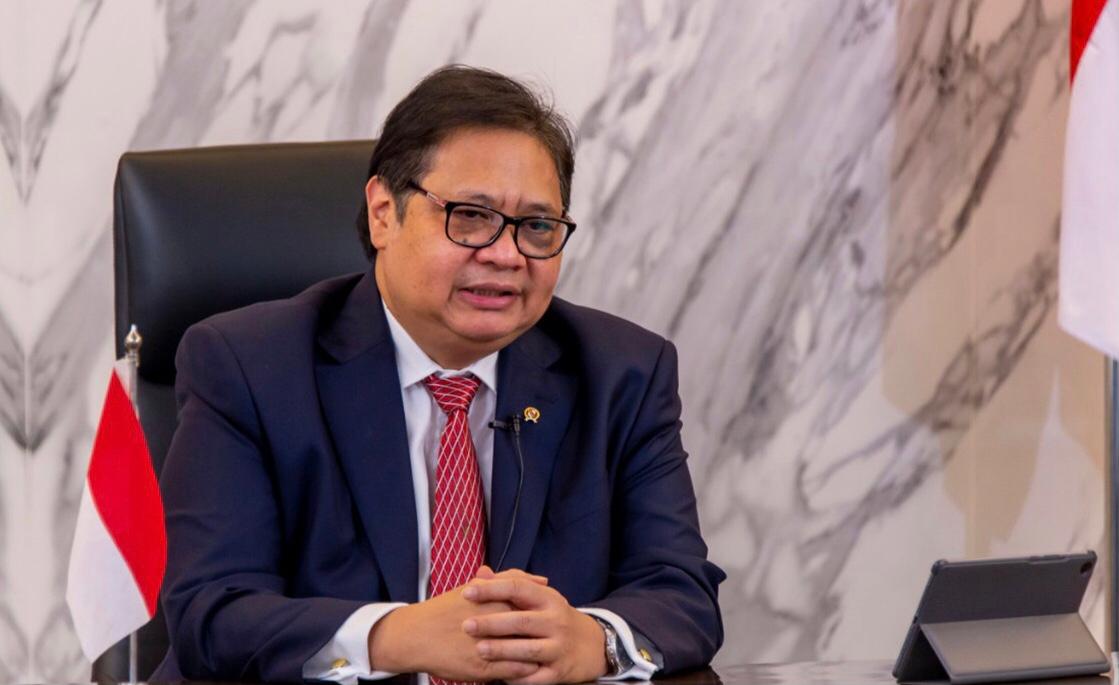Indonesia’s manufacturing sector shows promising signs of recovery as the Purchasing Managers' Index (PMI) for January 2025 records a return to expansion at 51.2, marking a significant rebound after five consecutive months of contraction. The surge is attributed to increased domestic and export orders, coupled with rising procurement activity among manufacturers.
"This condition reflects a positive outlook for the manufacturing sector, with many companies gearing up for higher demand in 2025," said Coordinating Minister for Economic Affairs Airlangga Hartarto in a press release on January 3, 2025.
The government is implementing several strategies to further strengthen the sector. These include encouraging the use of locally sourced materials to mitigate the impact of a depreciating rupiah, while accelerating resource-based industrial downstreaming to reduce reliance on imports.
Fiscal incentives and simplified licensing are also being rolled out to ease the operational burdens on businesses. Targeted sectors, such as textiles, furniture, footwear, and food and beverages, are receiving additional support through subsidized loan programs aimed at enhancing machinery and boosting productivity.
Export markets remain a key focus. Indonesia is actively working to join the Comprehensive and Progressive Agreement for Trans-Pacific Partnership (CP-TPP) and expedite negotiations for the Indonesia-EU Comprehensive Economic Partnership Agreement (CEPA). These initiatives aim to expand export opportunities, particularly in Europe and Latin America.
Efforts to protect domestic industries are also underway. Measures such as safeguards against excessive imports and anti-dumping policies are being accelerated to combat unfair trade practices and bolster local manufacturing competitiveness.
Despite the optimistic outlook, challenges persist. Rising global commodity prices, including gold, coffee, and crude palm oil (CPO), continue to exert pressure on domestic production costs. Additionally, fluctuations in crude oil prices and a strong US dollar are driving up raw material import expenses.
WARTAEKONOMI
Read More






 Friday, 27-02-26
Friday, 27-02-26







